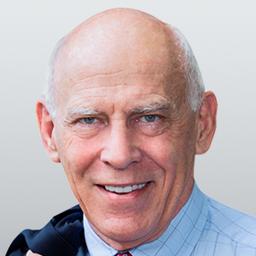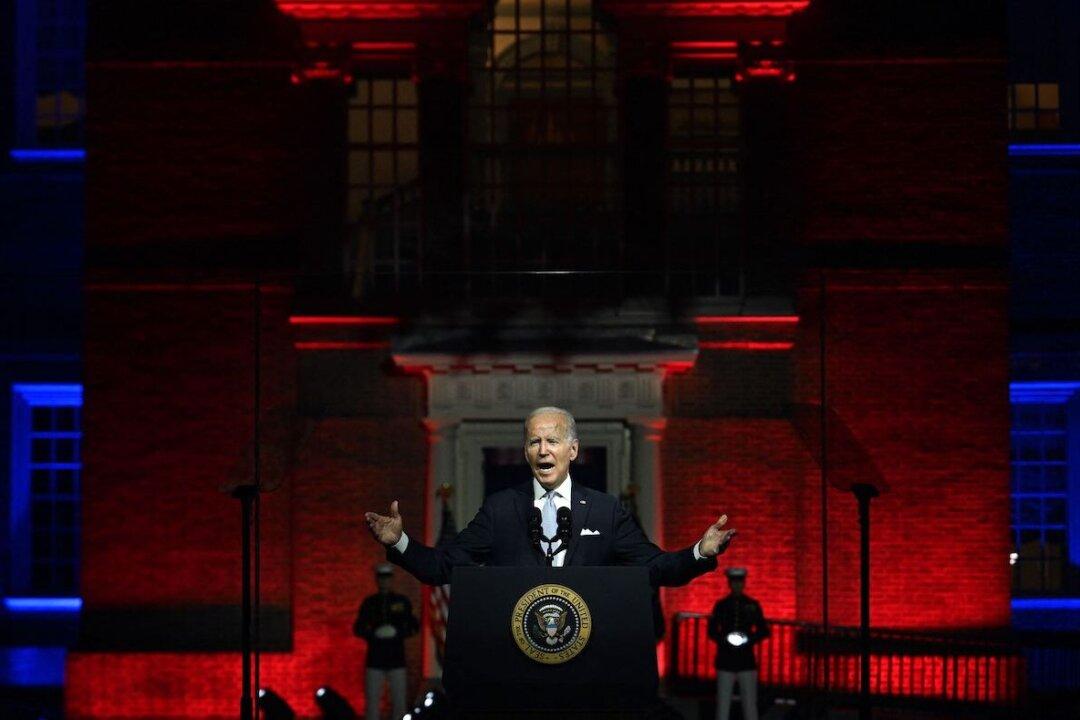Commentary
“I had always thought a primary job of the press was to be skeptical of power—especially the power of the government. But during the COVID-19 pandemic, I and so many others found that the legacy media had shown itself to largely operate as a messaging platform for our public health institutions. Those institutions operated in near-total lockstep, in part by purging internal dissidents and discrediting outside experts.”





